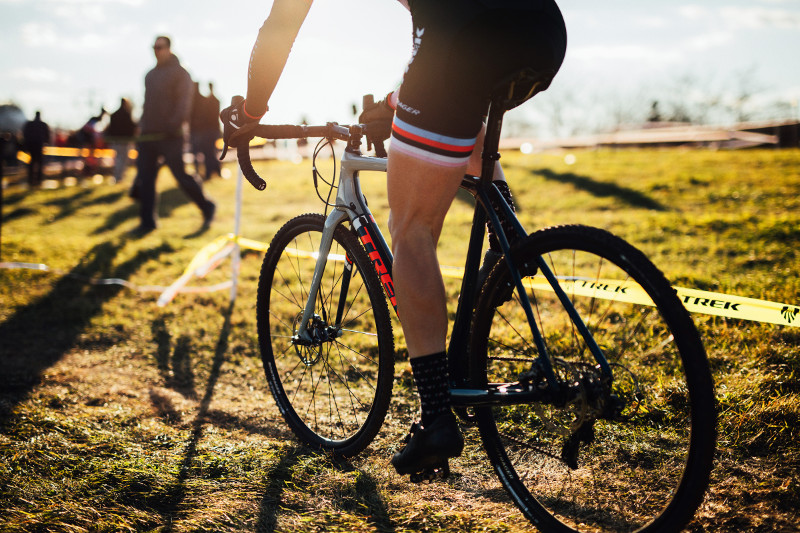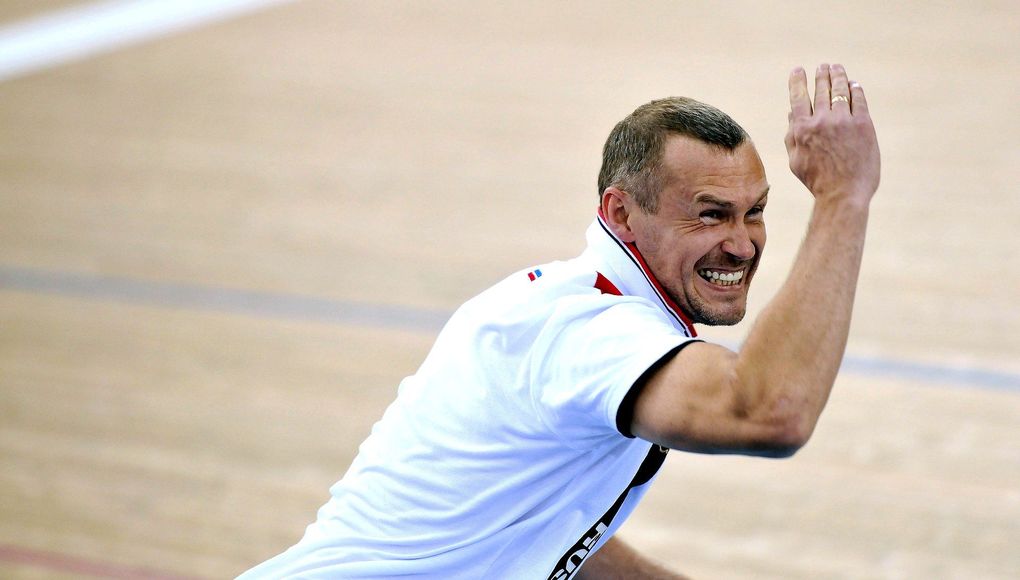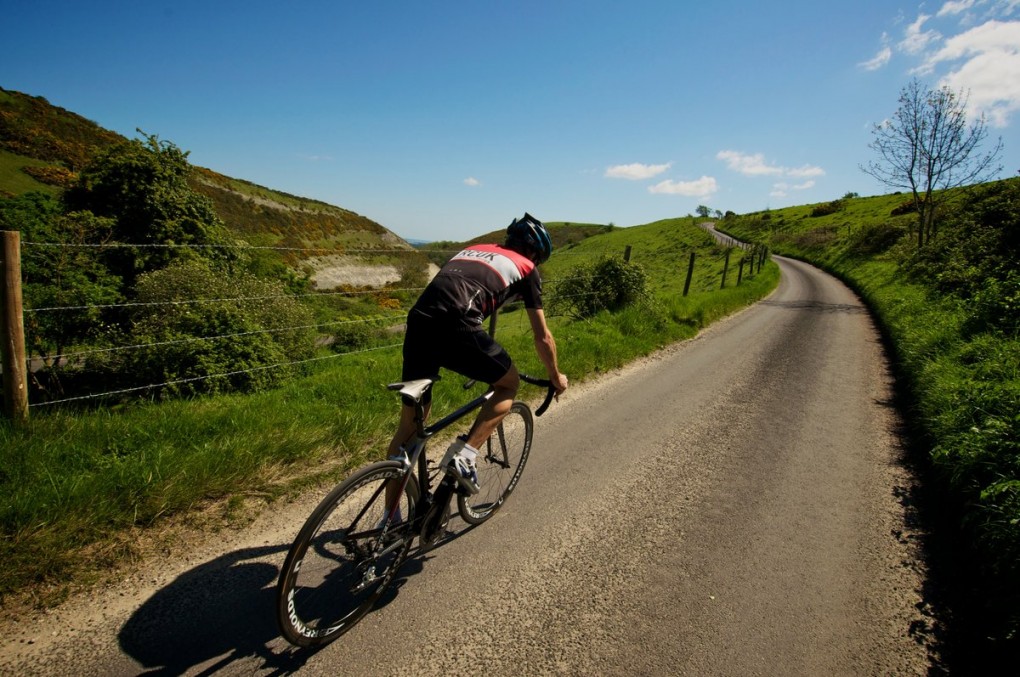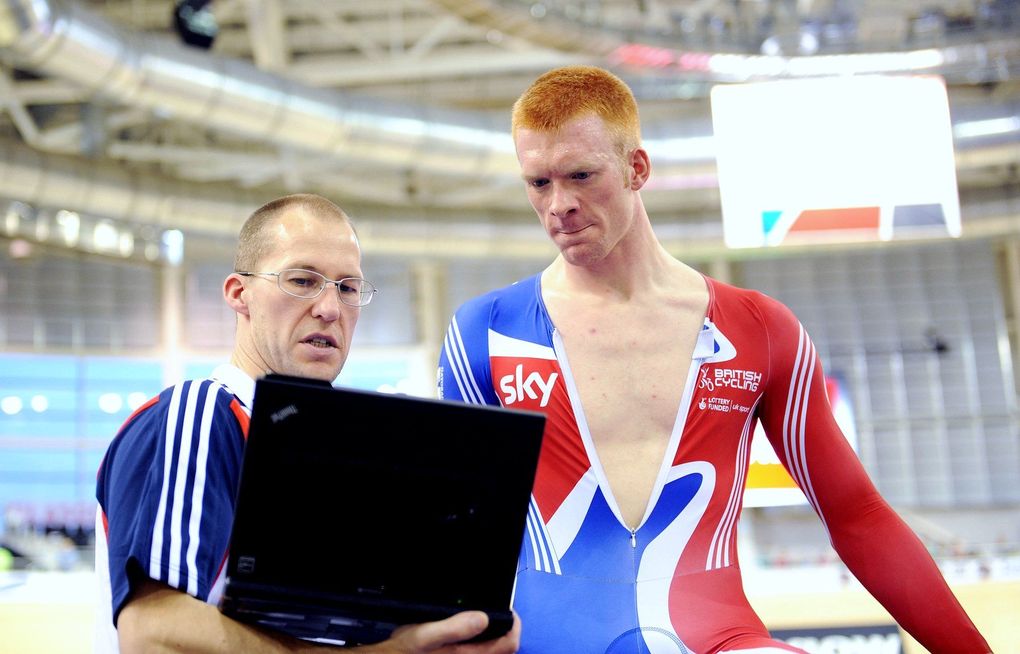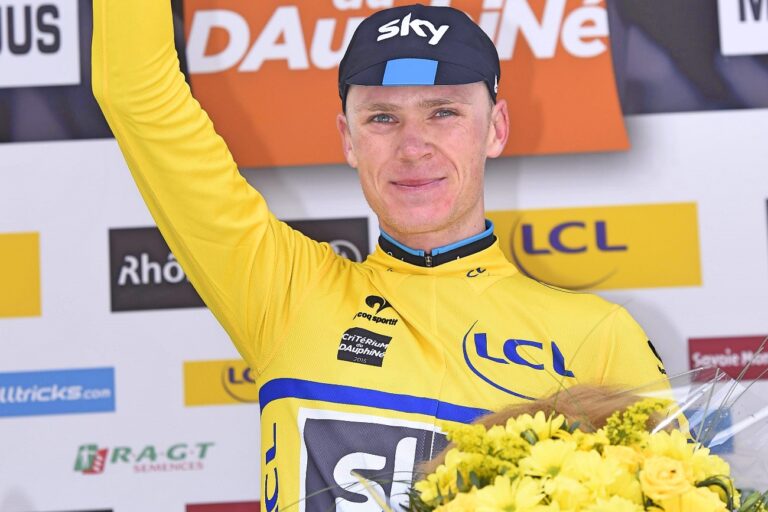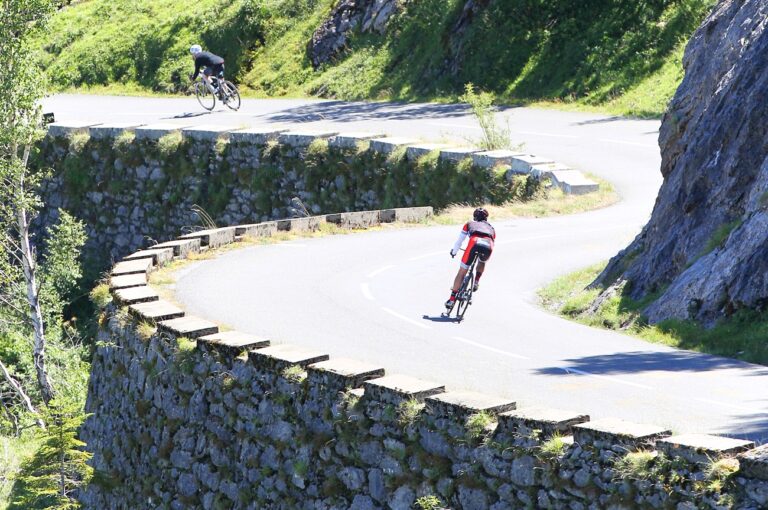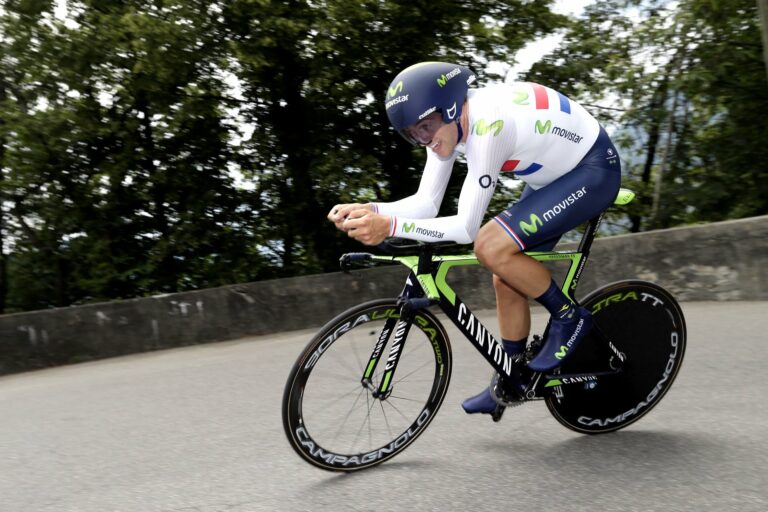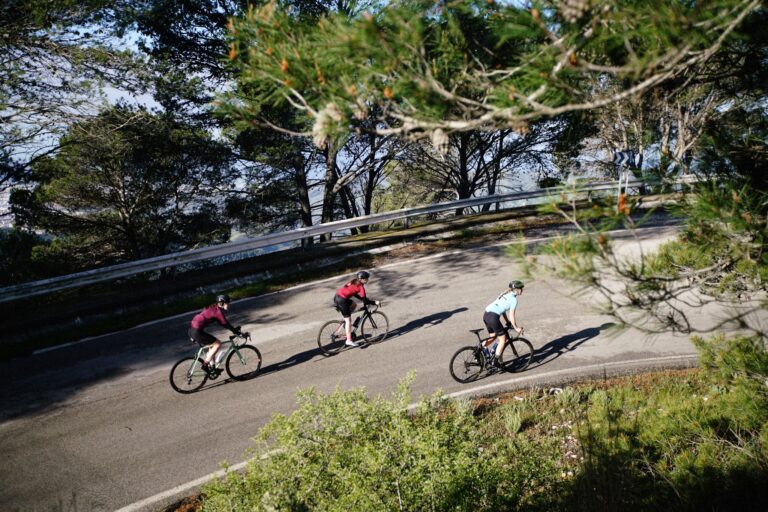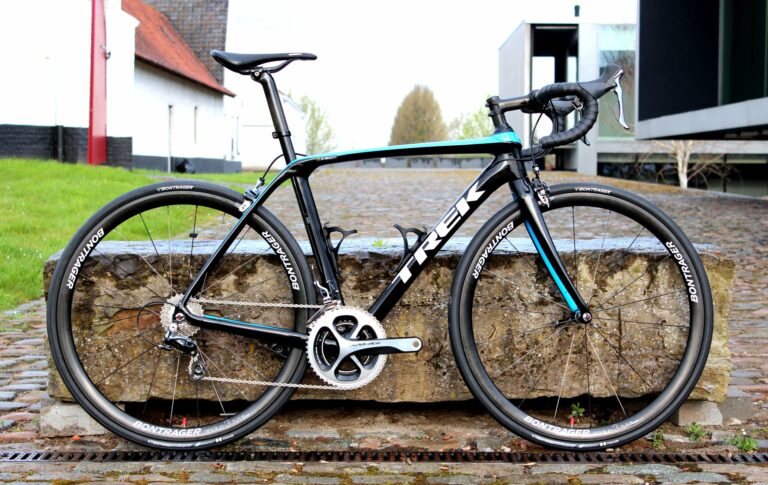If you’re considering getting a coach, it’s not just a case of looking online and settling on the first coach you come across. After all, it’s an investment and, as a result, important you find someone suited to your individual needs and goals, particularly with the number of coaches out there growing quickly.
Why might you want a coach in the first place? A coach can provide a outside perspective that isn’t always obvious when you’re riding your bike. A good coach can objectively plan and analyse your training to make sure you’re making the most of your time on the bike, and also use their expertise and knowledge to offer a fresh perspective on your riding.
While most top riders will have a coach, having someone to guide your training isn’t the preserve of professional riders. Just like gym goers can benefit from having a personal trainer, cyclists can benefit from having a coach – something I’ve experienced myself both as a rider having been coached, and as a coach myself having seen the progression of clients.
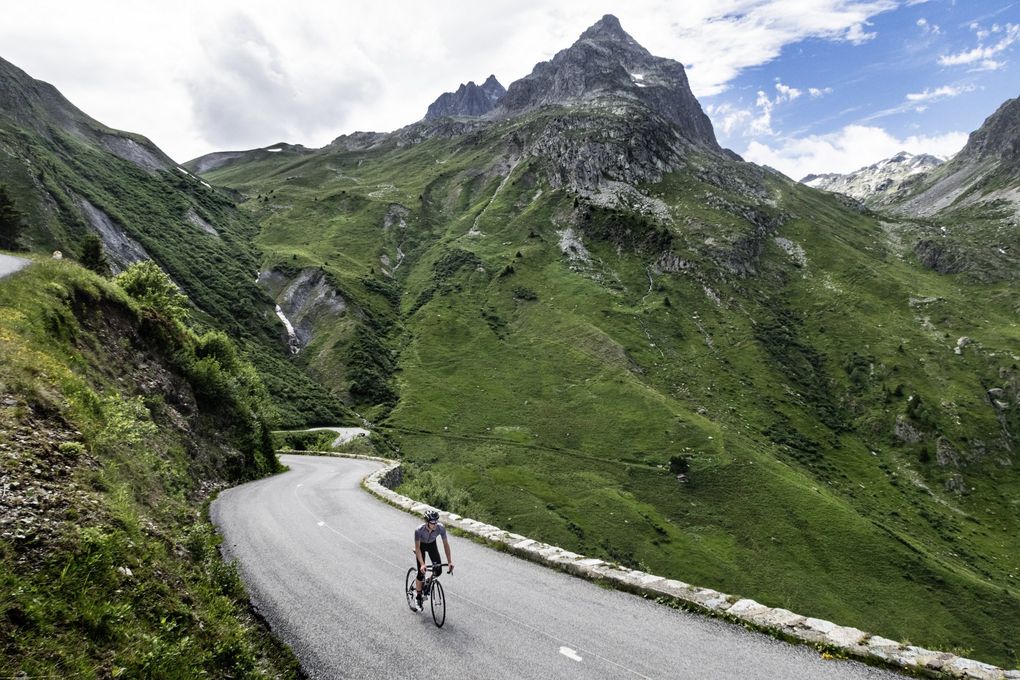
Of course, the prospect of having a coach isn’t appealing to everyone, but as if you have a goal you want to achieve on the bike, a good coach (and that’s the key here) will be able to help you. That goal doesn’t have to be to win an Olympic gold medal, but could to simply be stronger than your riding buddies.
If you’ve been thinking about hiring a coach, how do you find the right person for you? Before taking the plunge with any coach, it’s important to speak to them to better understand whether they’re the right person for the job.
With that in mind, here are eight key things you should consider being signing up with any coach.

